(ECNS)-- On April 12, Brazil's President Luiz Inacio Lula da Silva kicked off his first trip to China during his third term. The delegation with a huge amount of business representatives, the four-day schedule, and the special timing of the visit are all focus of attention.
As major developing countries and important emerging markets, China and Brazil are comprehensive strategic partners of each other.
In his inauguration speech on Jan.1st, Lula stated the emphasis Brazil has put on relations with China and expressed his willingness to strengthen strategic and long-term cooperation with China. He also looked forward to leading a delegation to visit China, further deepening cooperation in various fields, enhancing the friendship between the two peoples, and bringing bilateral relations to a new level.
Global changes unseen in a century have been evolving more rapidly with the balance of powers transforming profoundly. Against this backdrop, how will Brazil, under President Lula's leadership, deepen its cooperation with China? How will President Lula's visit start a new chapter in China-Brazil relations?
In the latest W.E. Talk, Zhou Zhiwei, Executive Officer at Center for Brazilian Studies, Institute of Latin American Studies, Chinese Academy of Social Sciences (CASS), and Alessandro Teixeira, special economic adviser to former President of Brazil, Dilma Rousseff, were invited to share their opinions.
Both experts said that President Lula's visit to China shortly after he has been in office for 100 day shows that he gives priority to China-Brazil relations and he is pragmatic, too. China and Brazil are not only close trading partners, but also "brothers" cooperating closely in multilateral mechanisms such as BRICS and the G20.
CNS: Brazil is the largest country and largest economy in Latin America. How does it view the development of China-Brazil relations in recent years? What kind of China policy do you think President Lula's administration will adopt?
Alessandro Teixeira: I believe Brazil sees its relation with China as the most important, not only diplomatic but also economic relations. China is the largest trading partner of Brazil and its importations from Brazil have increased rapidly in the last decade. Also, we have a very good exchange in terms of technology. A lot of the technological companies from China are in Brazil. So Brazil-China relation is one of the most important relationships Brazil has.
Zhou Zhiwei: The year of 2024 marks the 50th anniversary of the establishment of diplomatic relations between China and Brazil. Although Brazil is one of the farthest countries from China in the world, in 1993, it is the first developing country to establish a strategic partnership with China. In 2012, Brazil became the first Latin American country to establish a comprehensive strategic partnership with China.
President Lula has visited China many times during his previous presidencies, which has well guaranteed the bilateral political mutual trust. In China-Brazil relations, economic and trade cooperation is a highlight. Since 2009, China has overtaken the United States to become Brazil's largest trading partner. Such accomplishment made by China, a country in the Far East, has been a revolutionarily fundamental change in the eyes of Brazilians and demonstrated a profound change in the global landscape.
There are two key factors in President Lula's China policy - he gives priority to China-Brazil relations and he is pragmatic, too. In midst of a weak global economy, the Brazilian government attaches great importance to economic and trade ties with China. In the past four years, Brazil has been rather isolated on the global stage. Now that President Lula comes back to the office, he will rebuild the country's position and speak out more actively in global affairs. Moreover, he will intensify coordination with China in global affairs.
CNS: For 14 consecutive years, China has been the No.1 trading partner with Brazil as Brazil is China's largest investment destination in Latin America. And upon his visit to China, President Lula will be accompanied by a large business group. How do you view the development of future bilateral trade and economic cooperation ties?
Alessandro Teixeira: China became the most important partner of Brazil in 2009 when President Lula was in the second mandate. Also during his presidency, Brazilians embrace large investments from China, not only in infrastructure but also in technology. His delegation this time is the largest (of Brazilian history) that has ever been to China, consisting of more than 200 delegates not only in terms of politicians but also businessmen. That's a demonstration of how much importance is this mechanism for Brazil.
President Lula is coming to renew the vows of the relationship of both sides and reiterate the commitment of Brazil to continue deepening economic, social, and cultural exchange. Brazil and China are two major developing countries that are devoted to poverty elimination, common prosperity, and modernization. We show up people-centered philosophy and aim to create a better life for our people. Brazil is not only a trading partner of China, we also are brothers in international scenarios like BRICS and G20. So there is a lot of alignment in international multilateral institutions between Brazil and China, and this is another important point that we share the same vision of the future.
Zhou Zhiwei: The scale of the (Brazilian) delegation this time is unprecedented. The trade delegates represent almost all fields of China-Brazil trade, suggesting they all recognize the potential of the Chinese market. In 2022, Brazil's exports to China is nearly three times that to the United States. Speaking of economic and trade relations, China is irreplaceable to Brazil.
Looked the other way around, Brazil is also important to China as it's China's 8th largest trading partner. The high degree of complementarity between China and Brazil are fully demonstrated because these two countries are so far apart but have such close trade ties. What you need is exactly what I have, and this complementarity will help weather the influence of some political factors, third-party interference, and so on.
CNS: China and Brazil are both BRICS countries, and President Lula has repeatedly stated his determination to strengthen BRICS cooperation. Against the current global environment, what can BRICS cooperation bring to the global economy?
Alessandro Teixeira: President Lula was one of the founders of the BRICS mechanism. In 2009, he attended the 1st BRIC Summit in Yekaterinburg, Russia convened by the BRIC leaders. In fact, the world GDP now is largely produced by developing countries. The BRICS cooperation could be a better voice for them and emerging countries.
Zhou Zhiwei: The BRICS is a mechanism based on the growth potential of emerging market countries and is a comprehensive concept with political and economic connotations. In the past 20 years, although BRICS countries have their economy growing at different speeds, on the whole, they still maintain a very obvious advantage among large developing countries and emerging countries.
Meanwhile, apart from economic and trade cooperation, BRICS countries have common ideas on global governance and enhancing the voice of developing countries and emerging economies. In recent years, the BRICS countries have always expressed a common position in global affairs. This joint response and voice have shown the vitality of the BRICS mechanism. China and Brazil are two representative countries in BRICS cooperation. The two countries promote trade and investment facilitation in bilateral relations, oppose protectionism and exclusionism of developed countries in the international trade arena, and adhere to multilateralism and cooperation in global governance. All these have a positive impact and significant implications for current international relations and global trade.
CNS: In his inauguration of speech, President Lula said he is willing to strengthen ties with global partners. How will his China visit and the China-Brazil relationship in the new era impact the global political and economic pattern?
Alessandro Teixeira: There will be a very large impact. When President Lula says that he wants to have relations with global partners, he shows that he is capable of believing in a multi-polar world where you don't have hegemonic leadership. He believes in multilateral institutions, equal terms, and sovereignty for each country. And that's basically how China takes its foreign policy. His visit this time shows the world that we, two major developing countries, share the same vision of the future, like sustainable development, abolishing extreme poverty, and achieving high-quality growth and modernization.
Zhou Zhiwei: China and Brazil are both developing countries and emerging market countries. The enhancement of cooperation between the two countries is a huge boost to global "South-South cooperation". At present, hegemonism, unilateralism, and power politics are on the rise globally, and multilateralism and many multilateral mechanisms have been challenged. In this context, Brazil under President Lula will attach more importance to multilateral cooperation, which is also a concept that has always been upheld in the history of Brazilian diplomacy. Future China-Brazil and China-Latin America cooperation, especially in the field of infrastructure, can promote regional connectivity and sustained economic growth, and have a very positive impact on the maintenance of the global multilateral environment.









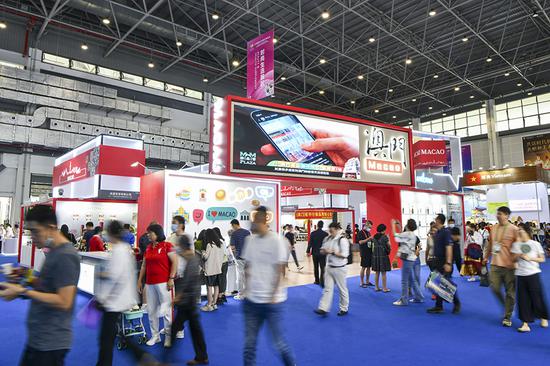
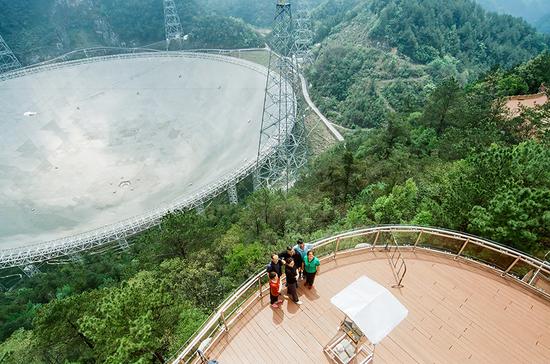

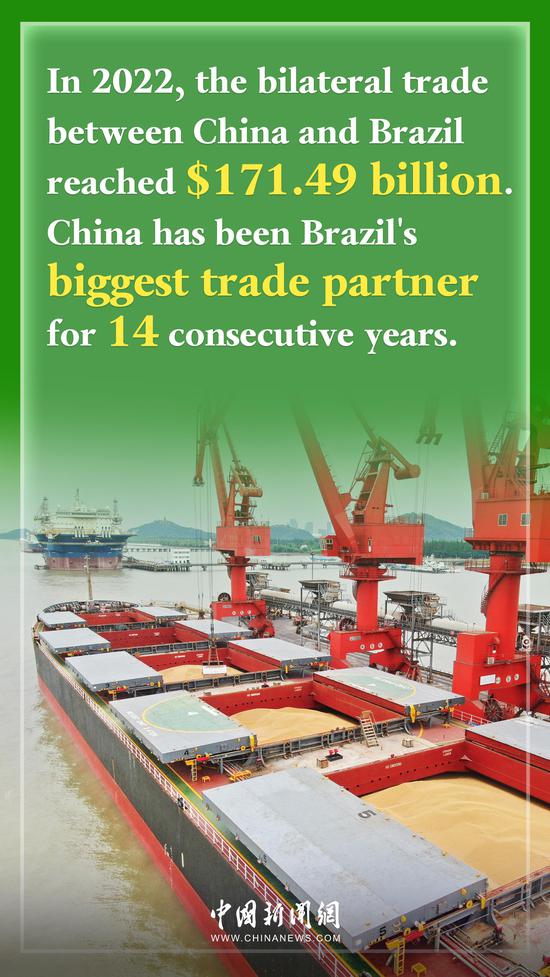
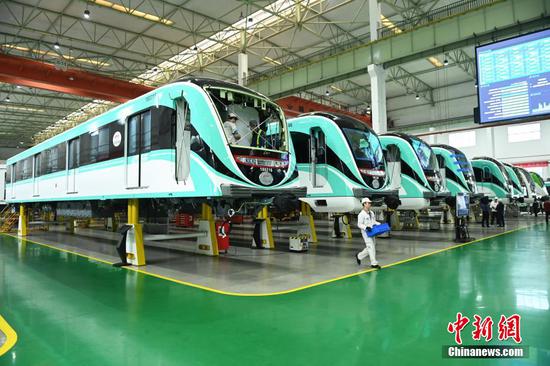







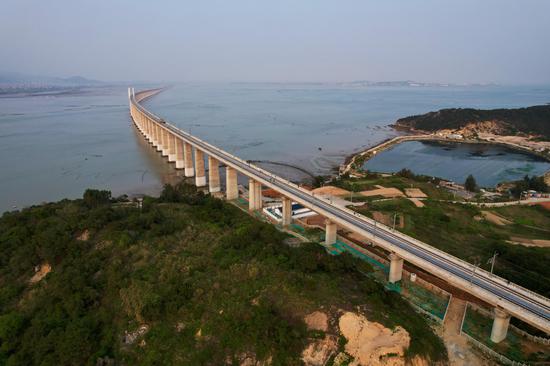
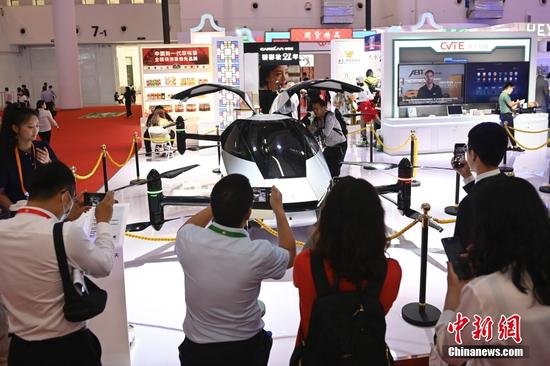
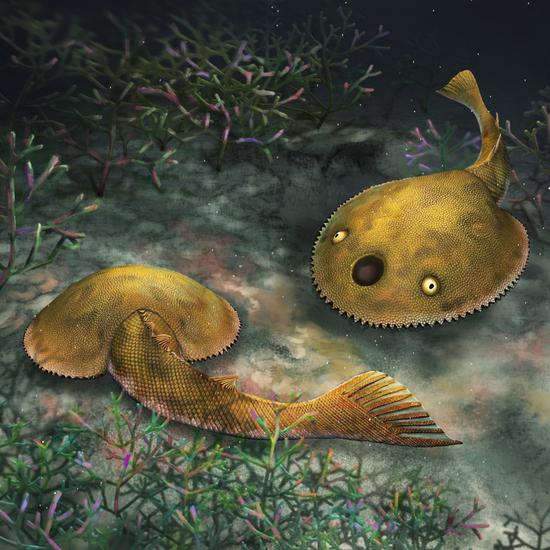

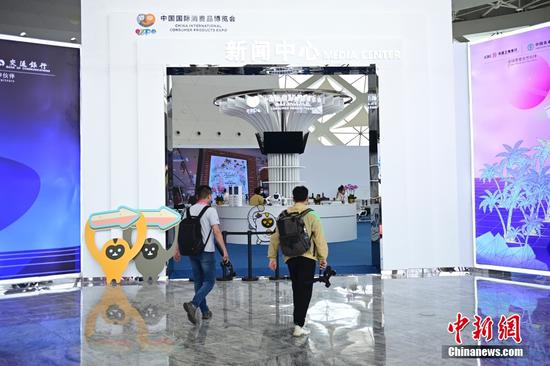

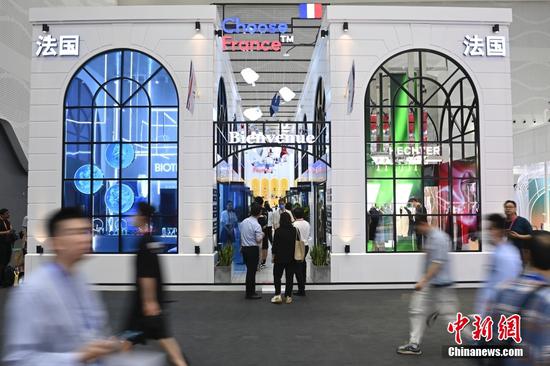




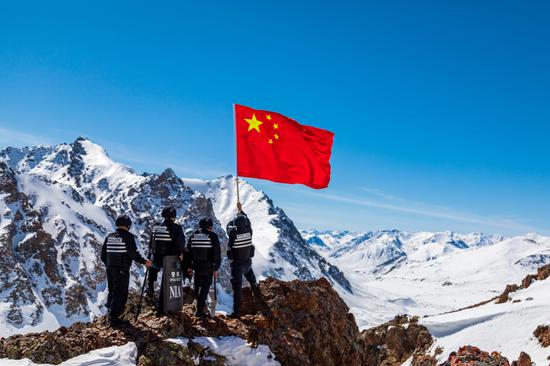

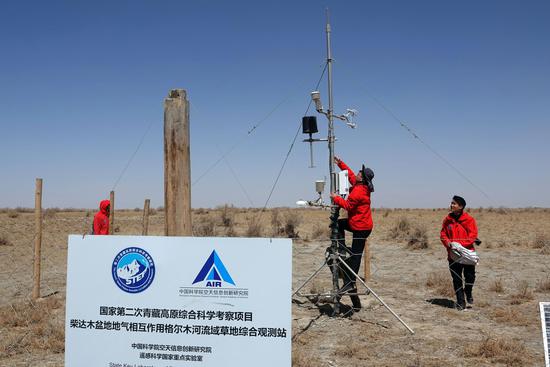
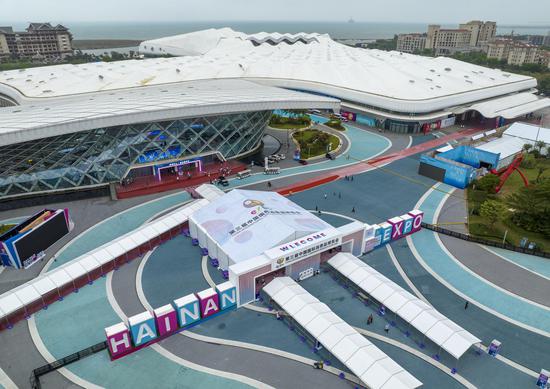
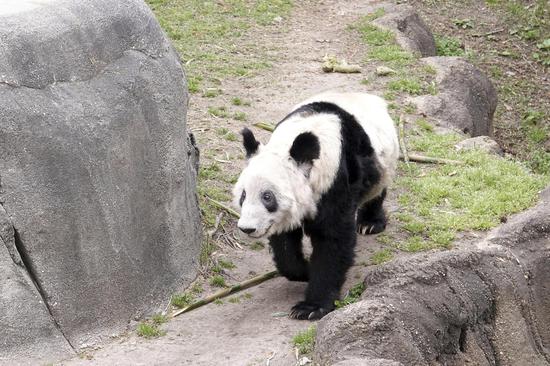
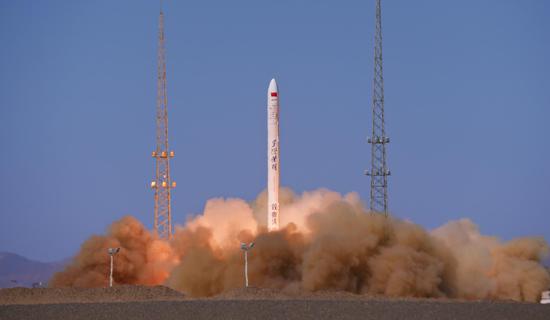
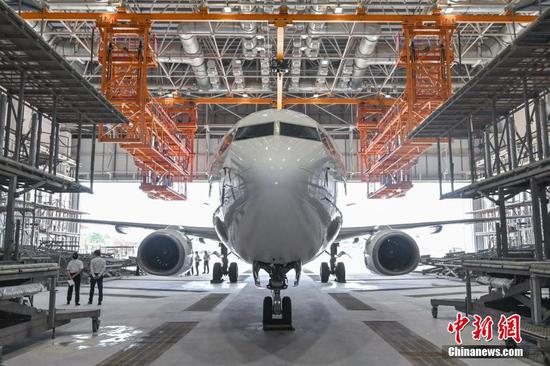
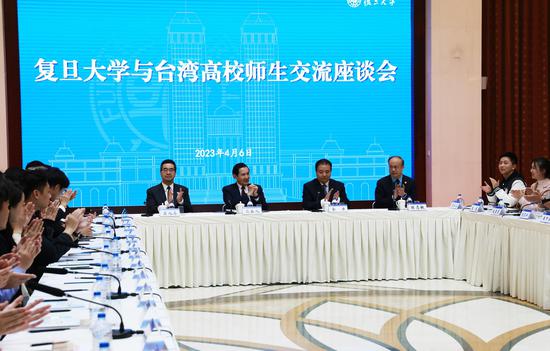

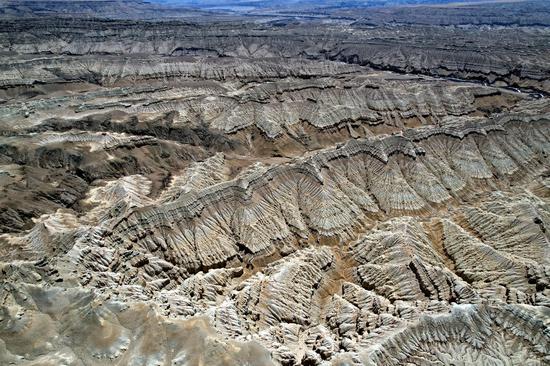
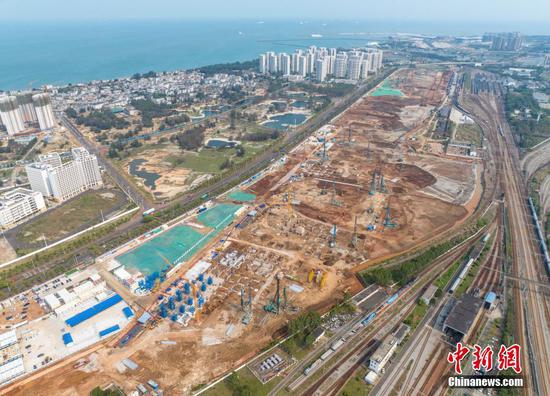
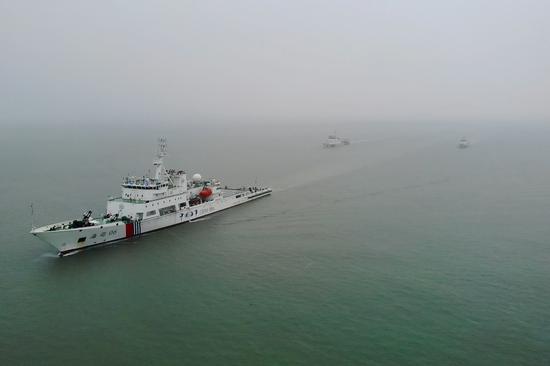
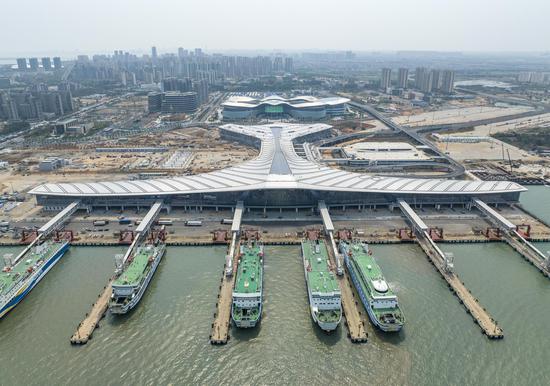





 京公网安备 11010202009201号
京公网安备 11010202009201号